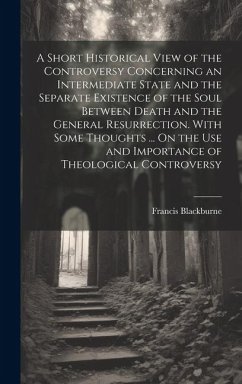![Of Our Knowledge Of The Existence Of A God [book 4, Chapter 10 Of The Essay Concerning Human Understanding] Of Our Knowledge Of The Existence Of A God [book 4, Chapter 10 Of The Essay Concerning Human Understanding]](https://bilder.buecher.de/produkte/69/69305/69305621z.jpg)
Of Our Knowledge Of The Existence Of A God [book 4, Chapter 10 Of The Essay Concerning Human Understanding]
Versandkostenfrei!
Versandfertig in über 4 Wochen
28,99 €
inkl. MwSt.
Weitere Ausgaben:

PAYBACK Punkte
14 °P sammeln!
This chapter from John Locke's landmark philosophical work explores the limits of human knowledge when it comes to the existence of a divine being. Locke argues that while we cannot know the existence of God with certainty, we can draw certain conclusions about the nature and character of the divine through reason and observation. This text has been highly influential in the history of both philosophy and theology, and remains a foundational work in the ongoing debates about the relationship between faith and reason. This work has been selected by scholars as being culturally important, and is...
This chapter from John Locke's landmark philosophical work explores the limits of human knowledge when it comes to the existence of a divine being. Locke argues that while we cannot know the existence of God with certainty, we can draw certain conclusions about the nature and character of the divine through reason and observation. This text has been highly influential in the history of both philosophy and theology, and remains a foundational work in the ongoing debates about the relationship between faith and reason. This work has been selected by scholars as being culturally important, and is part of the knowledge base of civilization as we know it. This work is in the "public domain in the United States of America, and possibly other nations. Within the United States, you may freely copy and distribute this work, as no entity (individual or corporate) has a copyright on the body of the work. Scholars believe, and we concur, that this work is important enough to be preserved, reproduced, and made generally available to the public. We appreciate your support of the preservation process, and thank you for being an important part of keeping this knowledge alive and relevant.



![The Picture of Incest [Book 10 of Ovid's Metamorphoses, Tr.] by J. Gresham, Ed., With Intr. and Notes by A.B. Grosart Cover The Picture of Incest [Book 10 of Ovid's Metamorphoses, Tr.] by J. Gresham, Ed., With Intr. and Notes by A.B. Grosart](https://bilder.buecher.de/produkte/71/71704/71704172n.jpg)
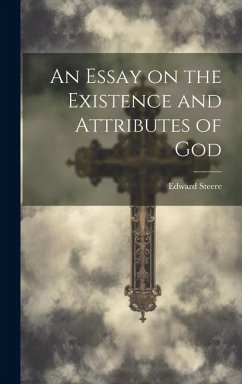
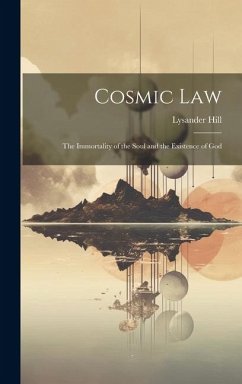
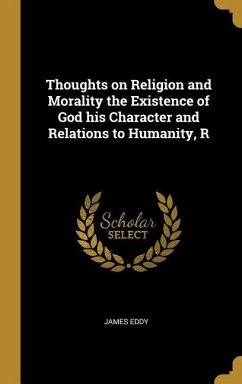
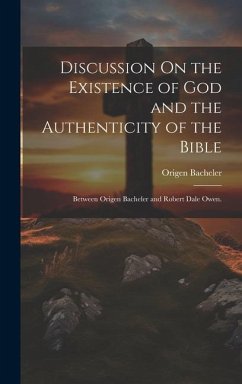
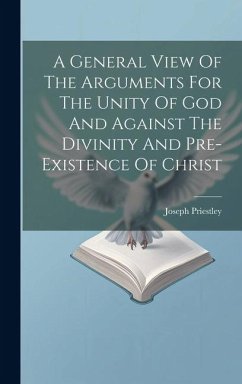
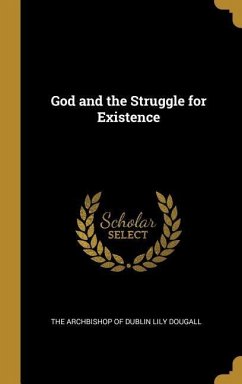

![The Elements of Euclid [Book 1] for Beginners, by J. Lowres Cover The Elements of Euclid [Book 1] for Beginners, by J. Lowres](https://bilder.buecher.de/produkte/67/67133/67133463n.jpg)
